When Life Gives You Lemons, Write a Poem (Or Something Else)

My three children are athletes. They’re teenagers, and we’ve been doing the competitive travel team thing since the older two were in second grade. SECOND GRADE, PEOPLE. WTH was I […]
New Essay on Why #FamiliesBelongTogether
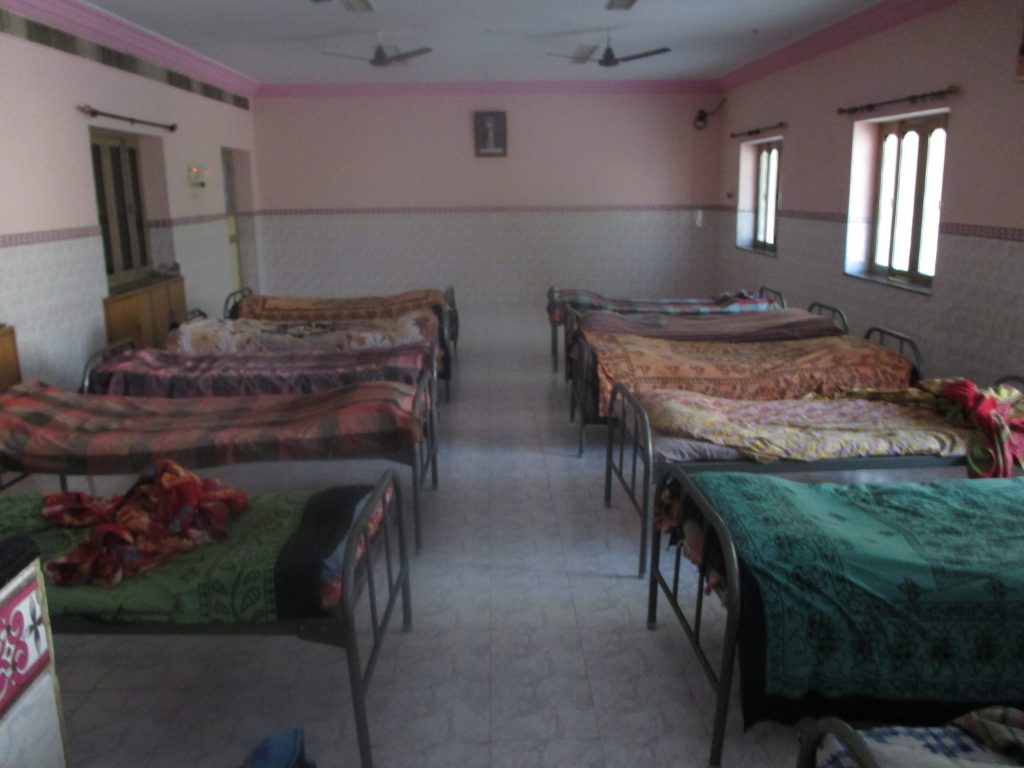
Yes, I know. Bad news is everywhere right now. Sometimes we have to turn away to recover and recharge, but then we must re-engage. We can’t afford not to. In […]
A new essay from me up at The Washington Post
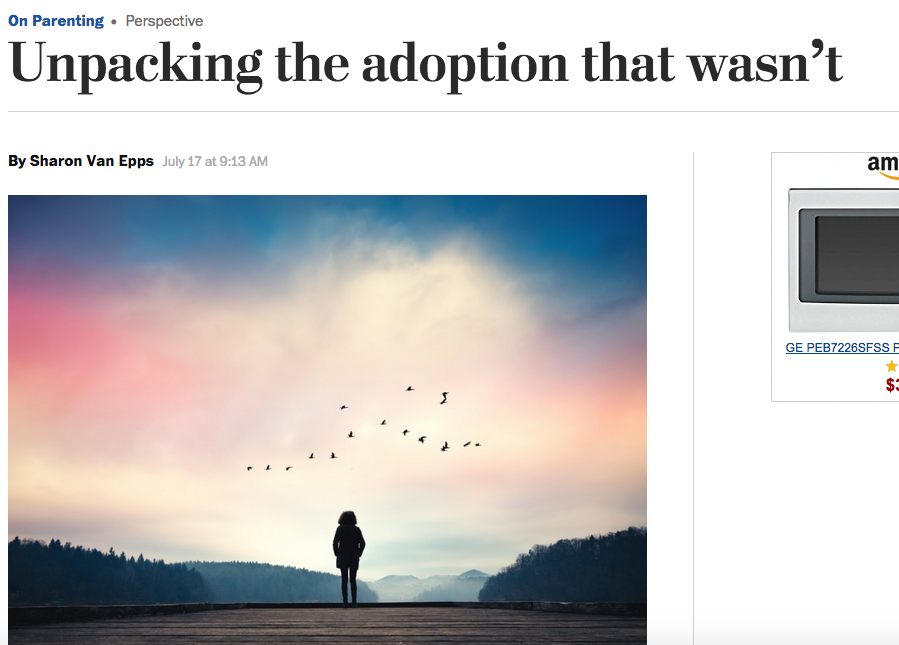
I don’t usually write a blog post when I publish something online, but thus far 2017 has been a rough one career-wise, so I’m pretty excited to get some work […]
Win a copy of YOU MADE ME A MOTHER just in time for Mother’s Day!
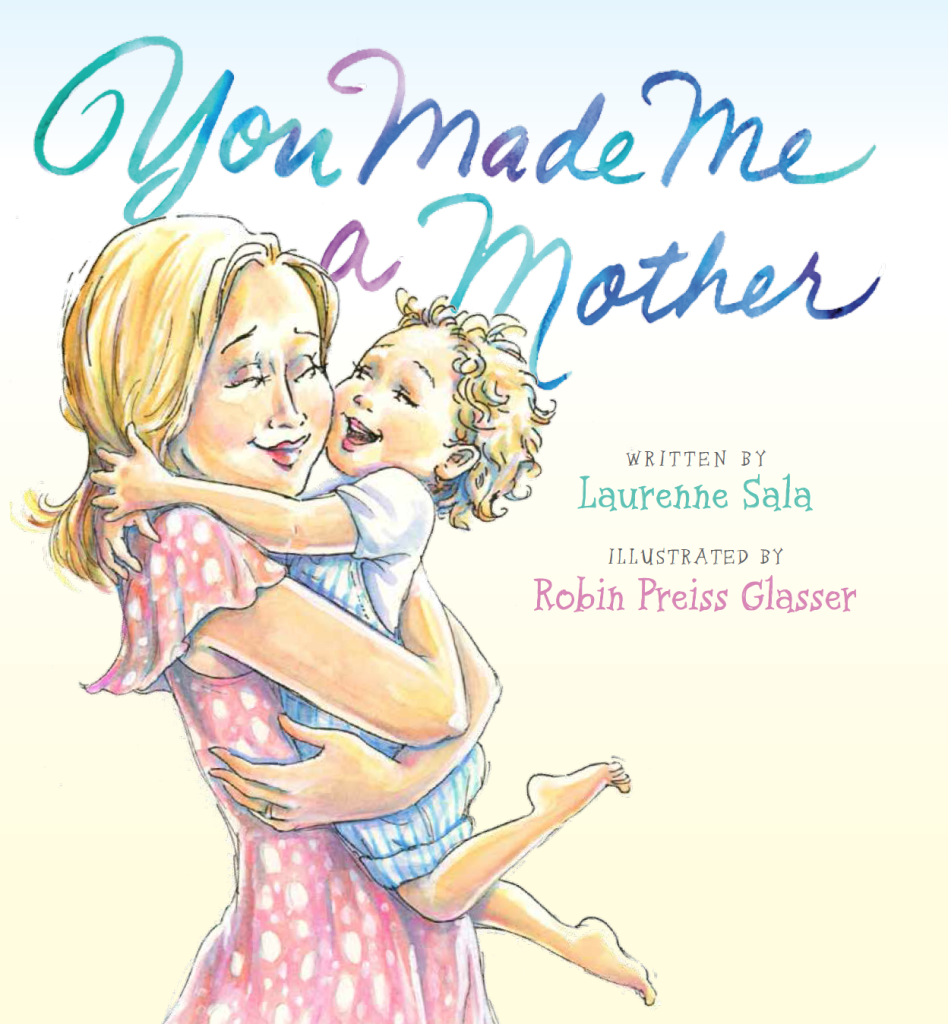
I’ve got a fun giveaway for you all, just in time for Mother’s Day! YOU MADE ME A MOTHER is a heartwarming picture book written by my friend Laurenne Sala, […]
Announcing the winner of the YOU MADE ME A MOTHER GIVEAWAY — Plus an interview with the author, Laurenne Sala

I’m SUPER excited to announce the winner of the YOU MADE ME A MOTHER giveaway: RUTH EBENSTEIN Congratulations, Ruth! Please shoot me an email via the online contact form here […]
On Writing, Motherhood, Inclusion and #BinderCon
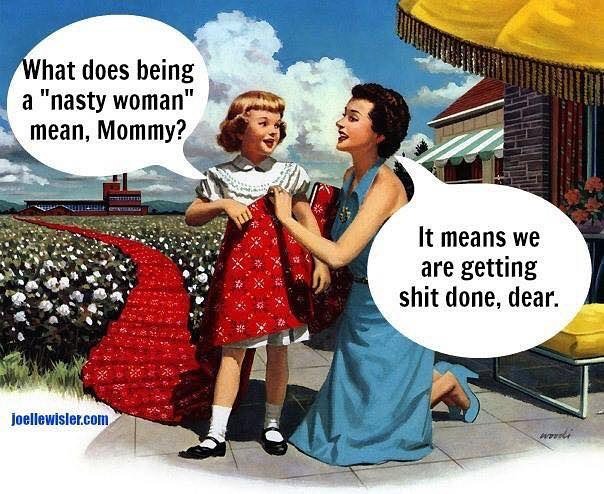
This weekend the Out of the Binders Conference for women and gender non-conforming writers is happening in New York. The event known as BinderCon offers keynotes, like today’s apparently amazing […]
Enter to win a copy of The Barefoot Book of Children, New from Barefoot Books!
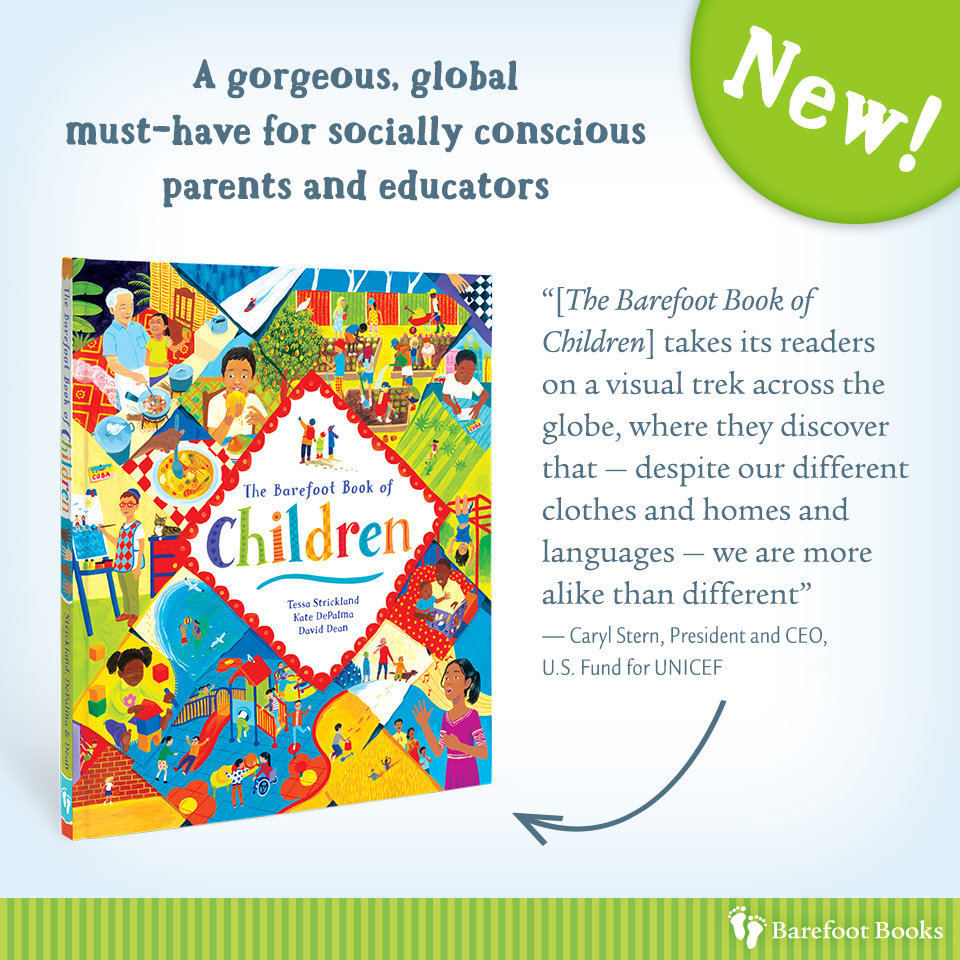
A few months ago, I published an essay in the Ties column at The New York Times called A Poster Family for Diversity. Soon after, I got an email […]
A List of Cliches That Apply to the Parenting of Teenagers

If I’ve said it once, I’ve said it a thousand times. Shit happens. Handle it with kid gloves. Bite your tongue. Bite me. Don’t let your mouth write a check […]
Remembering that terrifying pool party in McKinney, Texas

Last week a grand jury declined to press charges against a former McKinney, Texas police officer who threw a teenage girl to the ground during a pool party raid last […]
The Courage to Be Kind
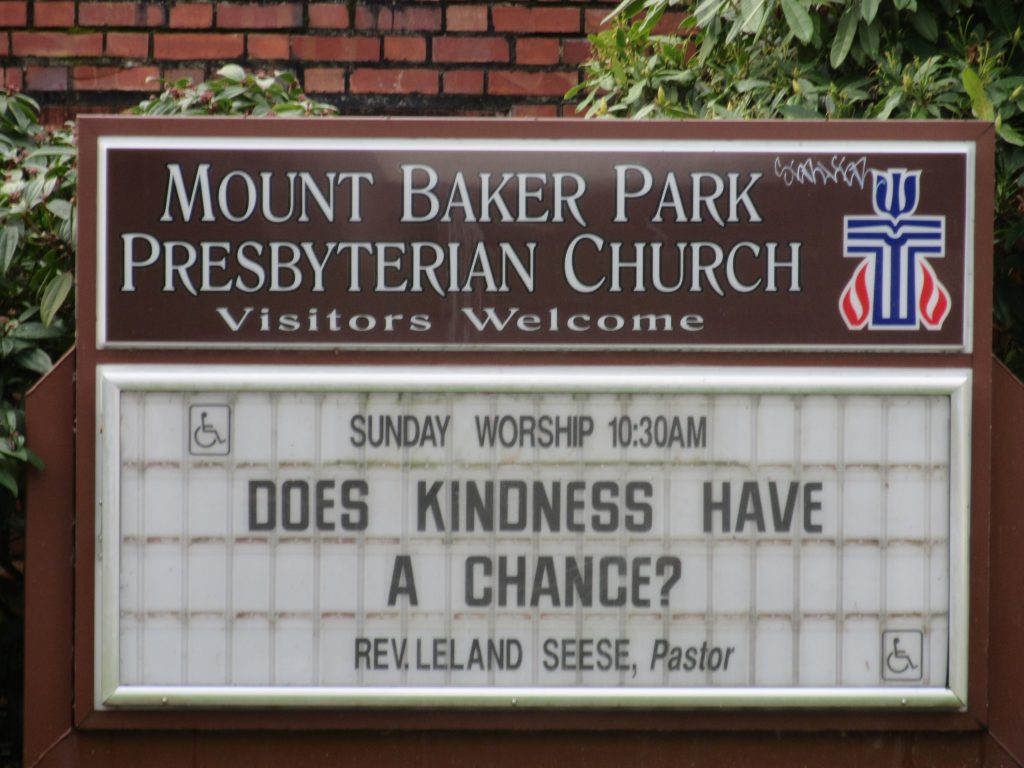
The signboard outside my neighborhood church got my attention: “Does kindness have a chance?” Isn’t that what we’re all wondering these days? Last month’s horrific attacks in Paris staged by […]
